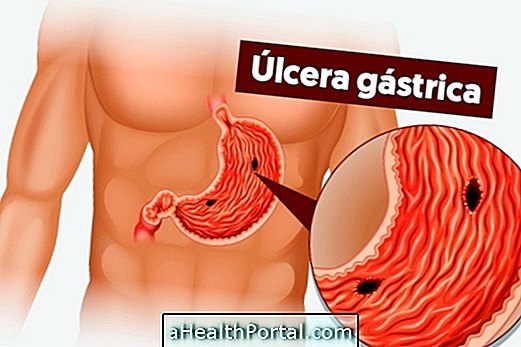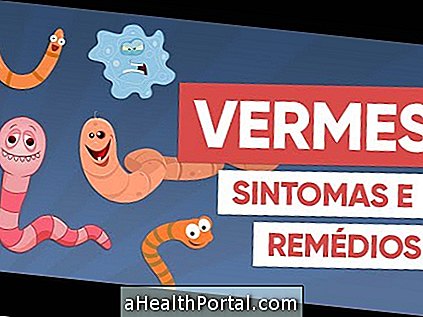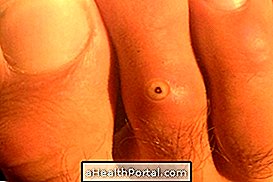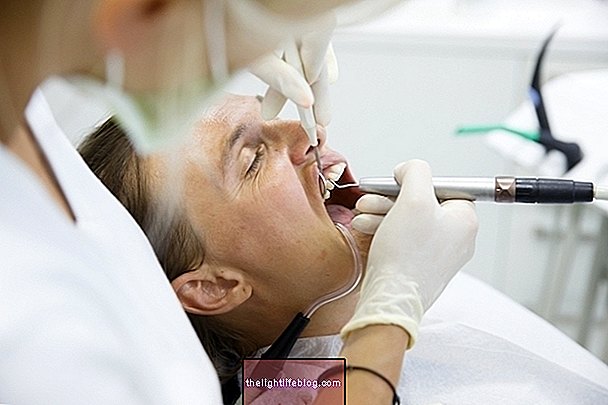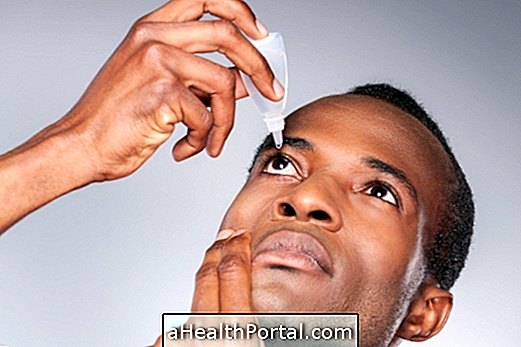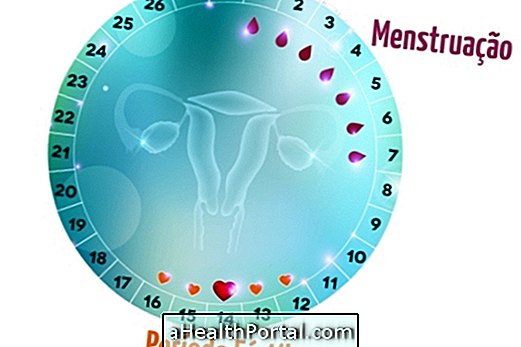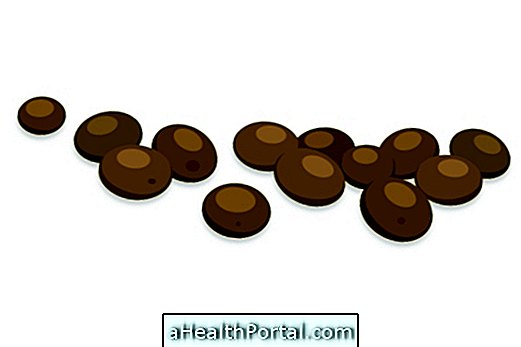Ear pain is a symptom that arises mainly after being in the cold for a long time or when introducing water or objects, such as swabs and toothpicks, into the ear canal, which can cause ear infection or rupture of the eardrum. However, other causes include problems with the jaw or the growth of a tooth, for example.
To treat ear pain it is recommended to consult the otorhinolaryngologist, in the case of the adult, or the pediatrician, in the case of infants and children, to start the most appropriate treatment.

1. Ear and throat pain
Earache associated with the throat may be a sign of ear infection, known as otitis, which may spread to the throat, causing a fever over 38 ° C, stabbing pain, the presence of secretion or accumulation of talk, for example.
What to do
If the infection does not heal on its own, antibiotics may need to be started but only if recommended by your doctor. In addition, to relieve the symptoms, one can also take analgesics like acetaminophen or anti-inflammatories, such as ibuprofen, for example.
2. Earache in the airplane
The earache that occurs on the airplane is often caused by the pressure difference that occurs mainly when the airplane is taking off or landing.
What to do
What you can do is chew gum or yawn at those times. In the case of the baby, giving a bottle of water is a good way to relieve the pain. See more tips here.
3. Ear and jaw pain
When ear pain occurs at the same time as it hurts the jaw, it can indicate problems in the jaw joint, such as arthritis or joint dislocation, which cause worsening pain when opening the mouth to yawn or chew, for example.
What to do
In these cases a warm compress may be placed near the ear and the jaw joint to relieve pain, but it is important to consult the otolaryngologist to start the appropriate treatment.
4. Earache when swallowing
Ear pain when swallowing may be a symptom of throat infection, such as tonsillitis, which also causes pain in the ear because it is a nearby organ.
What to do
In these cases, it is advised to consult the doctor to start treatment with analgesics such as paracetamol or anti-inflammatories, such as Ibuprofen. It may also be necessary to use antibiotics, such as Amoxicillin, for example.
In addition to these causes, the earache can also be caused by the growth of the teeth in the baby, the birth of the wisdom teeth in the adult or problems in the teeth, such as abscess, caries or bruxism, for example. In these cases it is recommended to consult the dentist to diagnose the problem and start the appropriate treatment.
How To Identify Earache In Baby
To identify ear pain, especially in the case of the baby and children, one should be aware of the following signs:
- Itching in the ear;
- Irritability and easy crying;
- Difficulty sleeping;
- Loss of appetite;
- Difficulty hearing low sounds;
- Loss of balance.
In cases of ear infection, other symptoms may also occur, such as fever above 38 ° C, fluid coming out of the ear canal or foul smell near the ear. In these cases it is recommended to consult the doctor to start the appropriate treatment, which may include the use of antibiotics. Learn more about childhood ear pain.
What to do in ear pain
The treatment for ear pain should always be directed by a doctor, after diagnosis of the problem that is causing the pain, and may include the use of analgesics such as Paracetamol, anti-inflammatories such as Ibuprofen, or antibiotics such as Amoxicillin .
However, to relieve earache at home you can put a bag of warm water near your ear for 15 minutes and rest seated instead of lying down to reduce pressure in the ear. However, these home treatments should only be used to relieve pain until consultation with the doctor and should never replace medical treatment. See also 4 tips to decrease ear pain.
When to seek medical advice
A doctor should be consulted when:
- Ear pain lasts more than 3 days;
- Ear pain worsens in the first 48 hours;
- Other symptoms appear, such as fever above 38 ° C, dizziness, headache or swelling in the ear.
In these cases, it is recommended that an otolaryngologist be consulted so that he may ask for exams and indicate the cause, and may recommend another health professional to start treatment if necessary.



